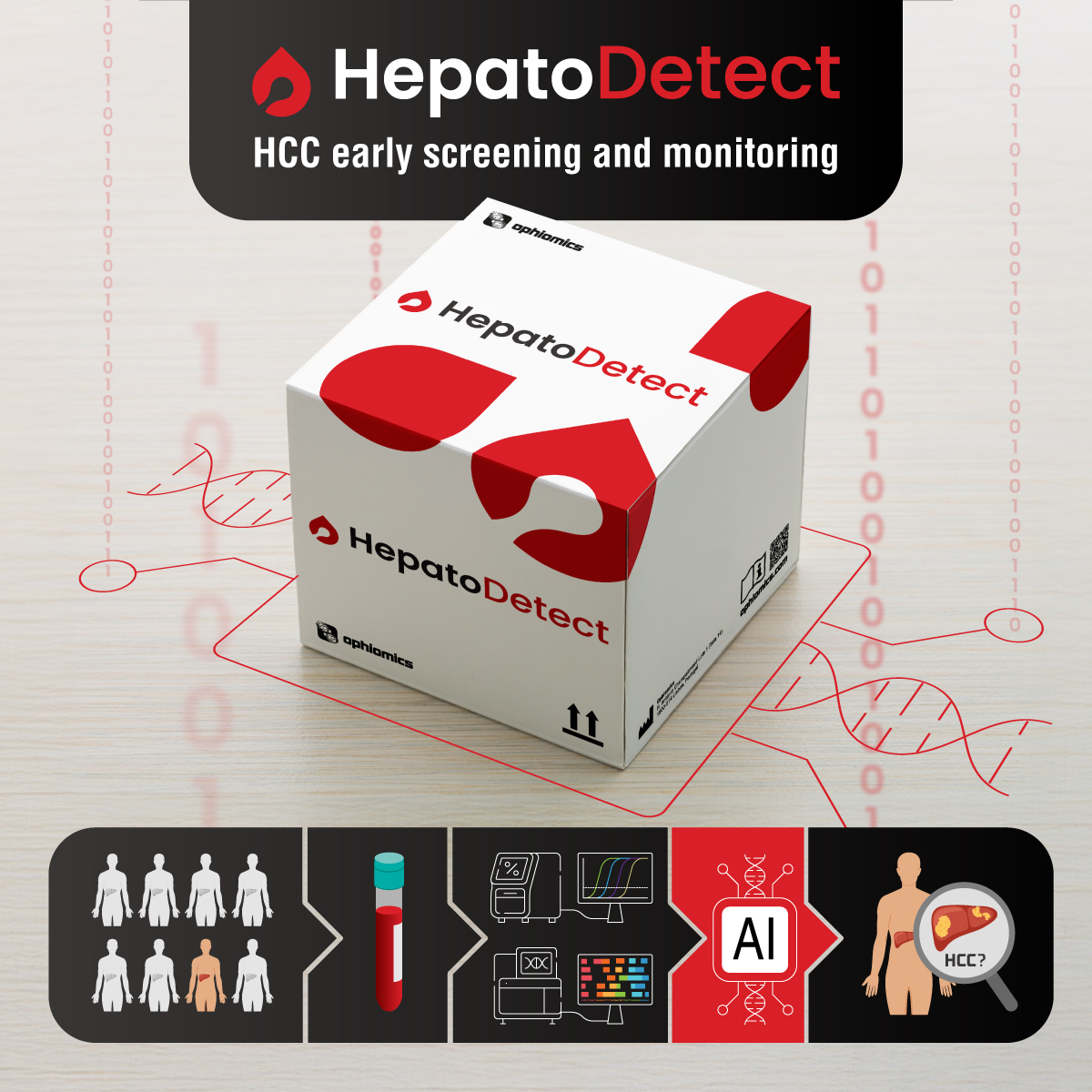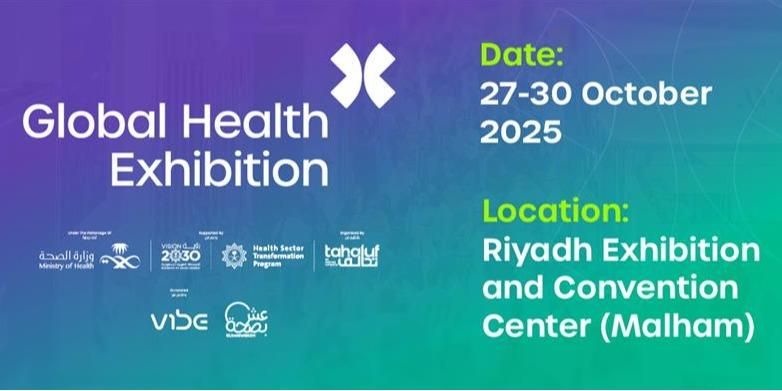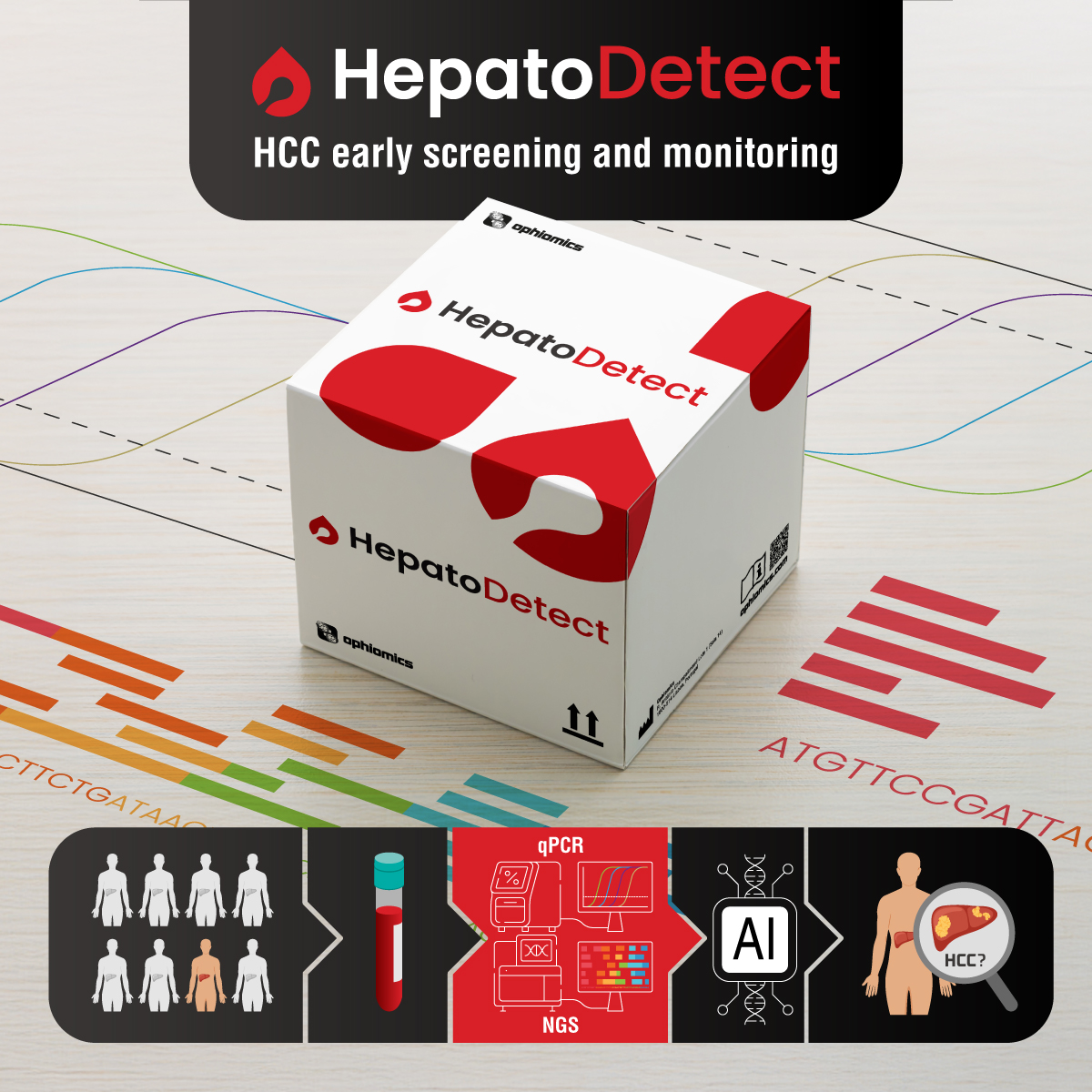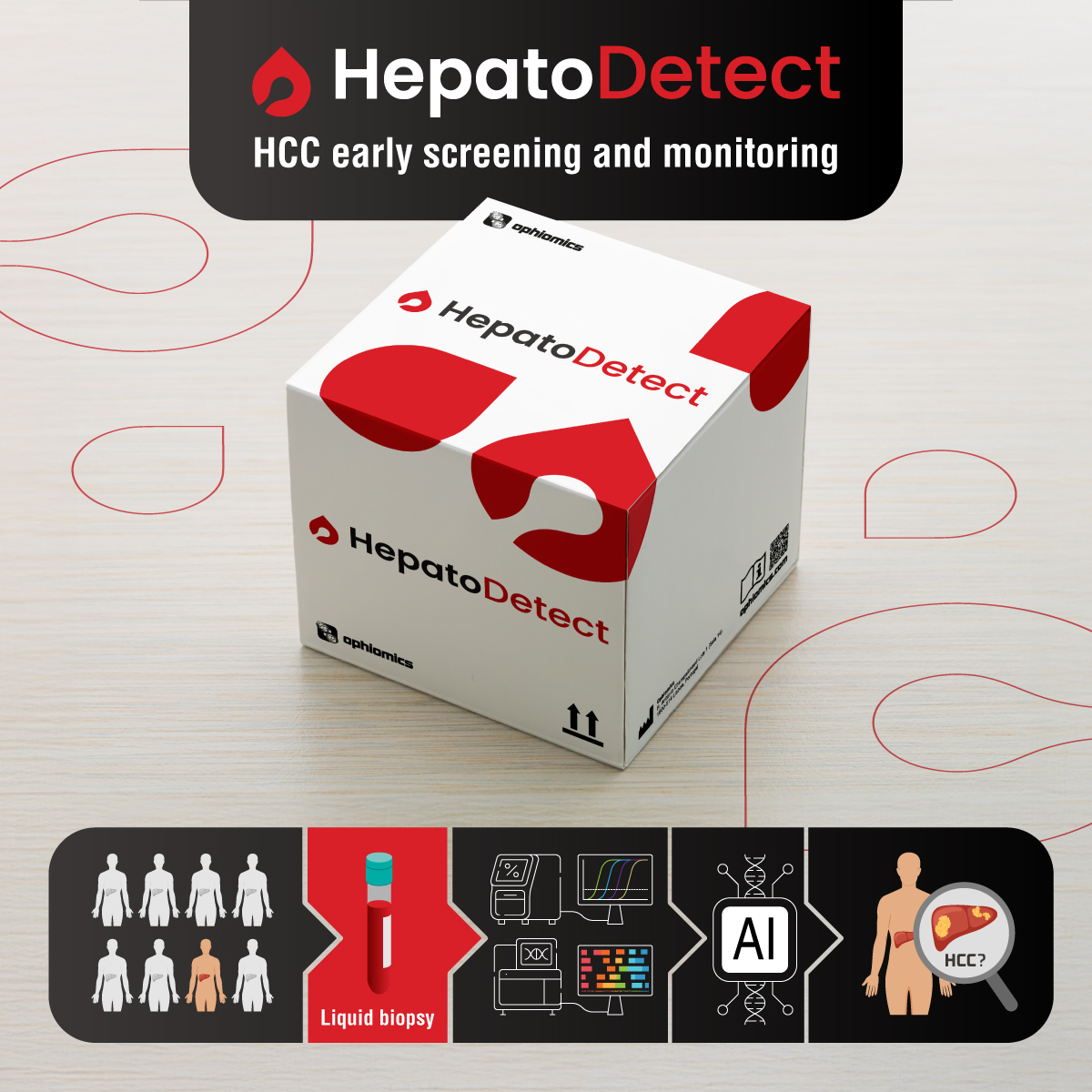Precision in IVD Tools: How Machine Learning Elevates HepatoDetect for Early HCC Detection
Early detection of hepatocellular carcinoma (HCC) in patients with cirrhosis is critical for improving survival rates. The limitations of current surveillance methods create a dangerous gap: ultrasound detects only 47% of early-stage HCC,1 while AFP testing misses 30-40% of tumours that do not produce this biomarker.2 These tools lack the precision needed for reliable early detection, when treatment is most effective.
The challenge lies in complexity: early cancer detection requires identifying subtle molecular changes against a background of cirrhosis-related alterations. Traditional single-biomarker approaches cannot capture these nuanced patterns with sufficient accuracy. This is where machine learning (ML) can transform diagnostic capability.
Why Precision Matters in IVD Tools
In vitro diagnostic (IVD) tools must balance two critical factors: sensitivity (detecting cancer when present) and specificity (correctly identifying patients without cancer). For HCC surveillance in cirrhosis patients, achieving both requires analysing multiple biomarkers simultaneously and interpreting complex molecular signatures—a task where ML excels.3 HepatoDetect achieves this through a combination of liquid biopsy technology and AI-powered analytics.
How Machine Learning Enhances HepatoDetect
HepatoDetect, developed by Ophiomics, integrates ML algorithms with DNA methylation analysis to detect tumour-derived signals in blood samples.4 DNA methylation alterations often precede genetic changes and occur in precancerous or early cancer stages, making them valuable biomarkers for early detection.5 This ML-driven approach provides several critical advantages:
- Multi-Dimensional Pattern Recognition: ML algorithms analyse methylation patterns in circulating tumour DNA across multiple genomic regions simultaneously, identifying complex combinations that indicate early HCC.
- Elimination of Subjective Interpretation: ML techniques excel at analysing high-dimensional DNA methylation data, overcoming the challenges of small sample sizes and numerous variables that traditional statistical methods struggle with.6 ML-based interpretation delivers consistent, standardised results, eliminating variability linked to human interpretation from the diagnostic process.
- Clinical Integration and Continuous Improvement: ML models evolve with new data, refining accuracy and adapting to emerging clinical insight. As HepatoDetect is implemented across clinical settings, ML frameworks enable ongoing model refinement, meaning diagnostic accuracy can improve over time as the system encounters more clinical cases and outcomes.
For clinicians managing cirrhosis patients, by integrating ML into HepatoDetect, Ophiomics delivers a tool that is not only scientifically advanced but also practical for real-world implementation on NGS and qPCR platforms. This synergy of precision diagnostics and artificial intelligence is redefining liver cancer surveillance.
Because in cancer detection, precision isn’t optional—it’s life-saving.
References
- SINGAL A, VOLK ML, WALJEE A, et al. Meta-analysis: surveillance with ultrasound for early-stage hepatocellular carcinoma in patients with cirrhosis. Aliment Pharmacol Ther. 2009;30(1):37-47. doi:https://doi.org/10.1111/j.1365-2036.2009.04014.x
- Simmons O, Fetzer DT, Yokoo T, et al. Predictors of adequate ultrasound quality for hepatocellular carcinoma surveillance in patients with cirrhosis. Aliment Pharmacol Ther. 2017;45(1):169-177. doi:https://doi.org/10.1111/apt.13841
- Piñero F, Dirchwolf M, Pessôa MG. Biomarkers in Hepatocellular Carcinoma: Diagnosis, Prognosis and Treatment Response Assessment. Cells. 2020;9(6). doi:10.3390/cells9061370
- Gonçalves E, Gonçalves-Reis M, Pereira-Leal JB, Cardoso J. DNA methylation fingerprint of hepatocellular carcinoma from tissue and liquid biopsies. Sci Rep. 2022;12(1). doi:10.1038/s41598-022-15058-0
- Hum M, Lee ASG. DNA methylation in breast cancer: early detection and biomarker discovery through current and emerging approaches. J Transl Med. 2025;23(1):465. doi:10.1186/s12967-025-06495-2
- Yuan T, Edelmann D, Fan Z, et al. Machine learning in the identification of prognostic DNA methylation biomarkers among patients with cancer: A systematic review of epigenome-wide studies. Artif Intell Med. 2023;143:102589. doi:https://doi.org/10.1016/j.artmed.2023.102589








